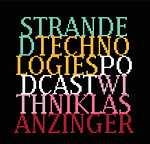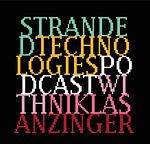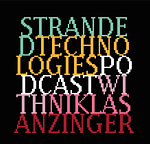This is a double-feature episode about the past, present and future of living.
In the first episode, Thibault Serlet gives a historical view of migration patterns and labor mobility. In the second episode, Jackson Stegers gives an overview of modern-day co-living business models and practical learnings - we use both to think about a future where people have more choices, a more mobile and unbundled territory.
Jackson Steger is the host of the Campfire by Cabin podcast. Besides podcasting, Jackson is writing about coliving networks, startup cities, new neighborhood development, network states, and other new models for living on his blog.
In this episode, Jackson gives an overview of different ways of co-living from smaller scale and self-organized to becoming large businesses like Selina.
What's new about co-living is technology such as the Internet to enable highly aligned groups to find each other. Balaji Srinivasan's "The Network State" is built around that idea, and projects such as Cabin are at the forefront of this trend.
In his role at Cabin, and at various stages in his life, has collected experience in organizing a community to live together. He summarized his practical insights in a post called "The Pyramid of Co-Living Needs", a valuable guide for self-starters.
Towards the end, we talk about the origin of passports, how to unbundle our lives, improve governance services and make it possible to live together in harmony.














Ep. 62.2: The Past, Present & Future of Living (2/2) - Jackson Steger on the Governance of Co-Living, and the Technology Shifts that Enable New Ways of Community